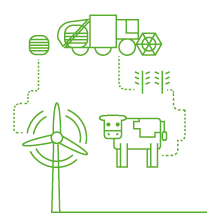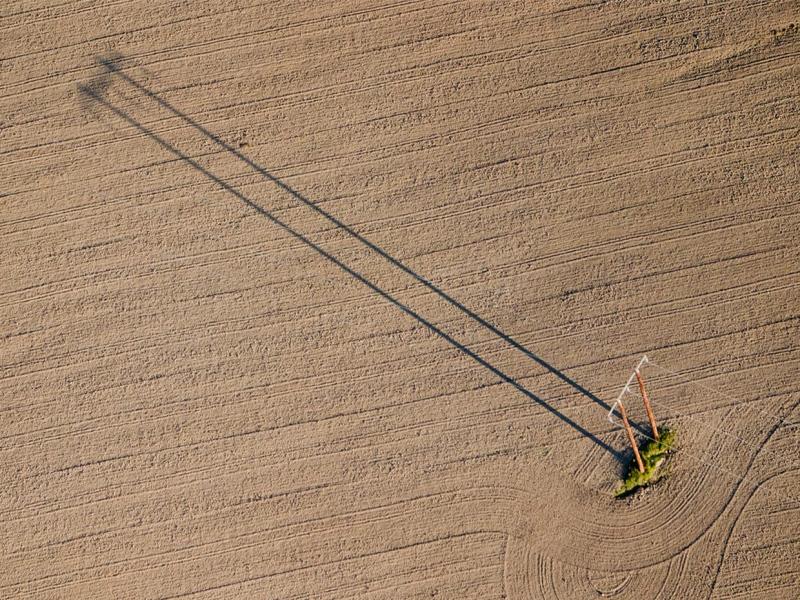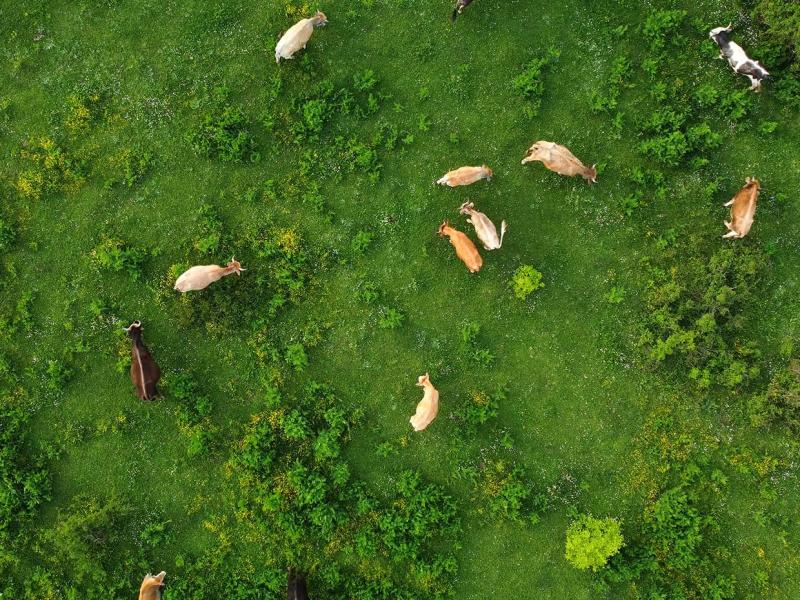Ross Paterson discusses how elections from the ATO may provide relief to your agribusiness.
Tax relief for farming entities impacted by climatic events
The 2022 farming year has been quite challenging for a lot of farmers with rising input costs, increased interest rates, and a shortage of workers.
Unfortunately, we have also had a reminder that the seasonal conditions still provide the greatest challenge for our farmers, year in and year out. This year a lot of our farming communities have had to endure severe flooding throughout the grow ing season and into harvest.
ing season and into harvest.
The paradox that can arise out of this situation is that the devastation to pastures and fodder from flooding can result in the forced disposal of livestock, leading to abnormally high profits. It’s important that farmers are aware that there are elections that can be made to the ATO that provides some relief in these circumstances.
Profit from forced disposal or death of livestock
The destruction of pastures or fodder due to drought fire or flooding is a devastating event for farmers as it often results in the forced sale of livestock. Years of hard work (in some cases multi-generational) go into breeding sheep and cattle and having to sell off breeding ewes and cows can be heartbreaking.
This forced disposal of livestock can also lead to abnormally high income along with an increased tax liability, which has resulted from some climatic event beyond the farmer’s control. The ATO acknowledges this is an unfair outcome and farmers can elect in these circumstances to:
- Spread the profit over 5 years, or
- Defer the profit and use it to reduce the cost of replacement livestock in the disposal year or any of the next 5 income years
In some instances, farmers may decide to not go back into a livestock enterprise (i.e., become a 100% cropping enterprise) in which case the farmer may be better advised to consider reducing their abnormally high income by using Farm Management Deposits.

Double wool clips
Farmers who must sell sheep due to lack of feed are often required to shear those sheep prior to that sale. This can result in the farming enterprise having two wool clips in one financial year, again leading to abnormally high income and increased tax liability. In this instance, farmers can elect to have the profit on the sale of the second wool clip deferred to the next financial year.
Insurance proceeds
Often a flood or fire event may result in livestock death, resulting in an insurance recovery. There is an election available for these proceeds from insurance to be allocated over 5 years to achieve a similar result to the forced disposal of livestock election.
Your local RSM accountant is well placed to provide advice to any farmer in the unfortunate position of having abnormally high income due to forced livestock sales.
For further information
If you are in this situation or have any questions on the agribusiness relief avialable, please reach out to your local RSM office today.





